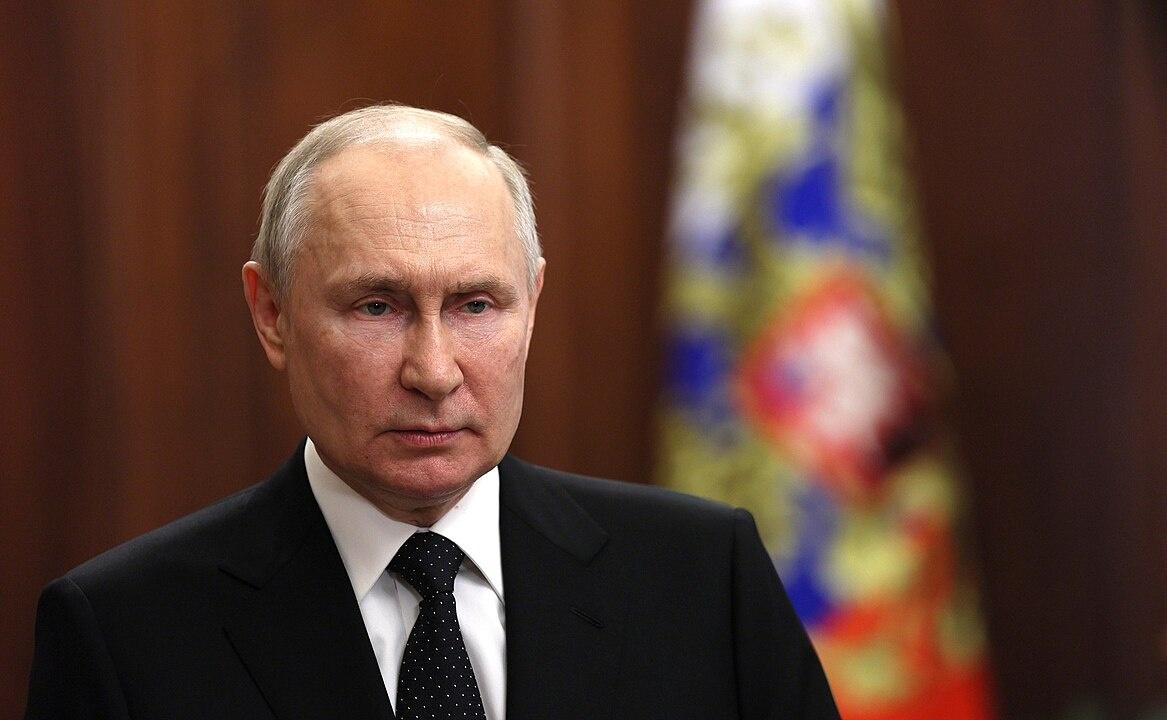Using nuclear weapons to accomplish limited military objectives has come to be viewed in the West as unthinkable. The danger of escalation to a cataclysmic exchange is deemed too great when confronting other nuclear powers, and nuclear use against non-nuclear powers is deemed immoral.
That is not the way nuclear weapons are viewed in Moscow. With each rewrite of Russian military strategy since the Soviet Union collapsed, nuclear weapons have claimed a greater role in the nation’s defense posture.
This is not just posturing, or paranoia, or compensation for a lack of resources to keep up with Western advances in conventional weapons. It reflects a different view of the utility nuclear weapons might have in future conflicts—a view not unlike that of the Eisenhower administration, which favored equipping U.S. forces with tactical nuclear systems for a variety of battlefield purposes.
That different view is reflected in the fact that Russia has many times more low-yield, short-range nuclear systems than the U.S.—up to 2,000, according to some sources. Such systems are resident in all Russian military services, and it is common practice to design weapons with the capacity to deliver both conventional and nuclear warheads.
Moscow’s different approach to nuclear weapons is also frequently on display in the public pronouncements of Russian officials and commentators said to be close to President Vladimir Putin. Putin himself has periodically alluded to the fearsome power of the Russian nuclear arsenal, particularly since Moscow’s invasion of Ukraine in February of last year.
Earlier this month, one commentator on Russian television observed that the consequences of using nuclear weapons need not be apocalyptic—especially if “used against a non-nuclear nation.” It didn’t take much reflection to figure out which non-nuclear nation he had in mind.
Ukraine actually possessed thousands of nuclear warheads in the immediate aftermath of the soviet collapse, but it gave them away in return for assurances that other nuclear powers would not attack it in the future. Those assurances were contained in a document known as the Budapest Memorandum—a document that Washington today insists does not require the U.S. to come to Kyiv’s aid if it attacked by other signatories.
Russia’s formal pronouncements on nuclear use are not reassuring. Moscow says it will only use nuclear weapons if other nations do, or an existential conventional threat to the Russian state exists, but various officials have hinted that Kyiv’s stated war aims amount to such a threat.
As nuclear specialist Amy Woolf of the Congressional Research Service observes, “Russia’s doctrine indicates that it would use these weapons in response to a weak performance by its conventional forces in an ongoing conflict”—especially a conflict on the country’s periphery.
So, Russia’s recent shift of short-range nuclear systems into neighboring Belarus—confirmed by Polish President Andrzej Duda in August—shouldn’t be dismissed as mere saber-rattling by Moscow. The weapons are where they need to be if Putin elects to use them.
It might not require major reverses by Russian forces on the battlefield to provoke such an action. If Putin and company tire of the debilitating effects of a stalemated conflict, that might be enough to convince them that employing tactical nuclear systems could destroy Kyiv’s willingness to fight on.
Contrary to what some Western military analysts contend, nuclear use need not render vast expanses of Ukraine uninhabitable for many years. A handful of low-yield explosions would transform the political and military landscape without making that landscape unusable.
Western nations would recoil in horror, but they would not respond in kind for fear of provoking further escalation. Ukraine is not a member of NATO, and thus they have no obligation to rush to its aid with comparable destructive power.
Moscow hasn’t been very vocal lately about its ability to employ weapons of mass destruction, which probably reflects a belief in the aftermath of Kyiv’s failed offensive that it can gradually wear down Ukrainian resistance in a war of attrition. If Russian forces faltered though, the rhetoric and the danger would heat up accordingly.
The paradox of this situation is that the more the West does to help Ukraine win, the greater the danger of Russian nuclear use becomes. The only reason this dynamic isn’t grasped in Washington is that we have come to assume Putin is just as scared of using nuclear weapons as we are. He may not be.
Read the full article here





